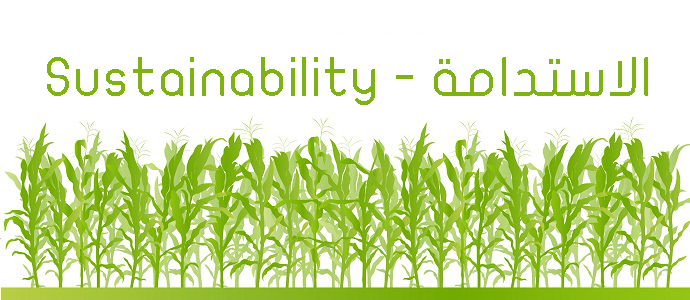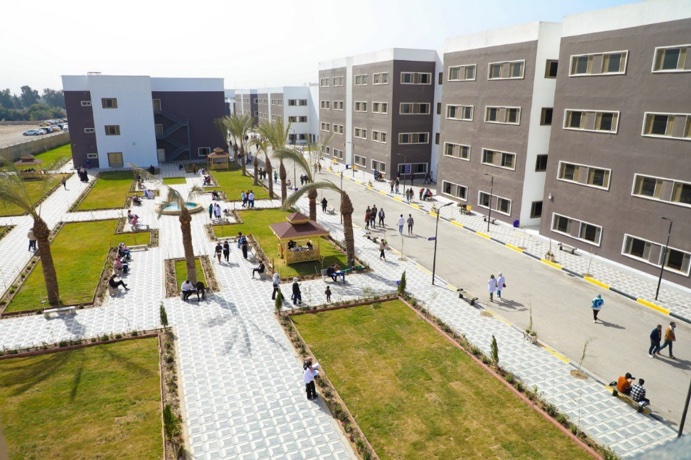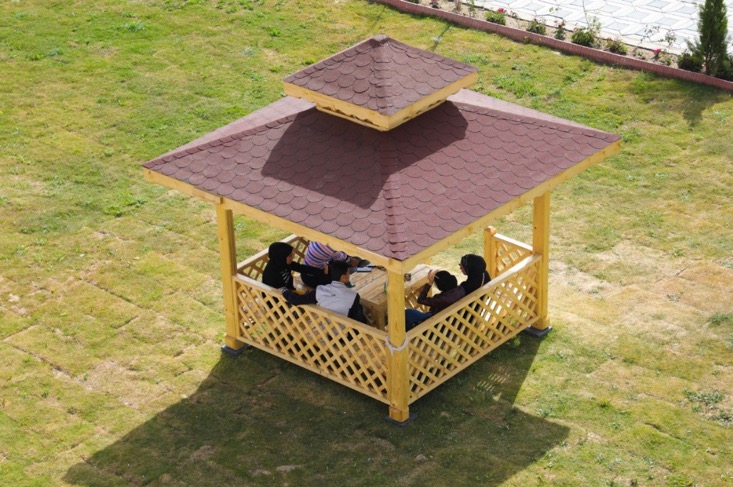
Sustainability at a glance
In recent years, sustainability has taken center stage as a global imperative. Al-Bayan University, often at the forefront of societal change, has embraced this call to action by prioritizing sustainability in its policies, practices, and curricula. The recognition of the interconnectedness of environmental, social, and economic factors has spurred a movement to make our university more sustainable, fostering a culture of responsibility and innovation. Al-Bayan University has explored multifaceted approach to promote sustainability on its campuses and in broader communities.
Sustainable Campus Operations
One of the most visible aspects of a university’s commitment to sustainability is the greening of its physical infrastructure. Universities are investing in energy-efficient buildings, renewable energy sources, and sustainable transportation options. Campuses are adorned with green roofs, solar panels, and electric vehicle charging stations, reducing carbon footprints and setting an example for sustainable urban planning.
Waste management programs have also become more environmentally friendly, the University has started implementing recycling and composting initiatives. These efforts not only reduce waste in landfills but also educate students about the importance of responsible consumption and waste reduction.
Sustainable Academics
Sustainability is not just about infrastructure; it’s about education and research. We have integrated sustainability into our academic programs in diverse ways. Environmental studies and sustainability majors have proliferated, but sustainability principles have also found their way into disciplines ranging from business to engineering.
Interdisciplinary research centers and institutes focused on sustainability challenges, such as climate change and biodiversity loss, are hubs of innovation and collaboration. Students and faculty are engaging in research projects that seek to address real-world sustainability issues, providing practical solutions and advancing the knowledge base.
Engaging the Community
Sustainability doesn’t stop at the campus gates. We are reaching out to local communities to foster sustainability partnerships and initiatives. It would often serve as hubs for public dialogue on critical sustainability issues, hosting lectures, workshops, and conferences that are open to the public.
Sustainable Lifestyle Choices
We are encouraging sustainable behaviors among students, staff, and faculty. Initiatives like bike-sharing programs, carpooling incentives, and sustainable dining options are becoming increasingly common. Sustainability offices and student organizations work to raise awareness and engage the university community in sustainable living practices.
In addition to promoting sustainable transportation and dining, universities are also reducing single-use plastic waste by installing water filling stations and encouraging the use of reusable containers. Moreover, campaigns focused on energy conservation, water efficiency, and responsible consumption are helping individuals make greener choices in their daily lives.
Sustainability Metrics and Goals
To track and measure their progress, we are setting sustainability goals and establishing clear metrics. These goals often align with global sustainability frameworks like the United Nations Sustainable Development Goals (SDGs). Common targets include reducing greenhouse gas emissions, conserving water, and achieving zero waste.
Regular sustainability reports are published, highlighting achievements and areas for improvement. These reports serve as accountability mechanisms, enabling universities to transparently communicate their sustainability efforts to stakeholders and the wider public.
Environmental Sustainability
Environmental sustainability is the expression of biological systems and the permanence of their diversity and production over time. human beings’ sustainability is the ability to preserve the quality of life that we live in the long run. This in turn depends on the conservation of the natural world and the responsible use of natural resources.
Policies & Strategies
Environmental sustainability policy is a major part of our modern vision, Al-Bayan University environmental policy is based on different aspects:
- Raising awareness of the concepts of environmental sustainability among students and faculty at the university.
- Initiating pilot projects in sustainability.
- Encouraging scientific research among students and faculty on environmental issues.
- Adopting an environment-friendly campus transportation policy; This helps reduces pollution caused by car exhaust.
- Adopting plans and programs in energy-saving and waste treatment.
Projects, Programs, and Decisions
Through its projects, programs, and decisions, the university tries to achieve its environmental policy goals. The university’s departments, facilities, and faculty and staff, cooperate to make Al-Bayan a green and environmentally friendly university through the following:
- Cars are not allowed inside campus to reduce pollution generated through exhaust.
- (Environmental Awareness Week) which includes student activities and events is initiated to spread environmental awareness to the first stage students, and during the first semester of the academic year.
- Decrease paper consumption at the university.
- Encouraging faculty and students to do research on environment issues and solutions. Two annual studies are mandatory to address the country’s environmental crises.
- The University holds periodic conferences and seminars dealing with environmental pollution problems in Iraq, and ways to resolve them or reduce them.




















